Why I Didn’t Like Steve Rogers’s Ending in Avengers: Endgame
There is no objectivity in high art, let alone entertainment like blockbuster movies featuring superheroes. Plus, the movies just like the comics before them have different people working on certain movies than others and plans can get interrupted or changed (like Spider-Man suddenly being added to Civil War) so it’s no surprise that viewers (like myself) could have gotten the wrong idea about what exactly Steve’s arc in the movies was about versus what it actually was proven to be by the end of Endgame. Now if you like the ending, more power to you. Personally, other than Black Panther I think Phase Three did a lot of awful things to the characters of the MCU (which is why I continue to prefer the worlds of the Avengers: Earth’s Mightiest Heroes cartoon as well as the comicverse Earth 616 A.K.A. the main Marvel Universe, as they contain my favorite versions of the characters) but I can understand why others don’t share my opinion. But being totally honest, I, as an individual, did not like what happened with Steve’s character arc. This is not passing judgement on the quality but simply my subjective reaction to the narrative choice.
Many reasons have been given why people don’t like the ending. Ranging from: “Steve would never do that if he was in character” (obviously proven false since it happened). “Steve moved on from Peggy and it takes away her life” (again, false, especially since she was implied to be quite willing to enter a relationship with him). “Steve not moving on from Peggy is unhealthy” (arguable, since I’m sure if she said she didn’t want to be with him I’m sure he would’ve backed off and gone back to the present day immediately. And for all we know he’s had several girlfriends post snap.) Or “Steve abandoned his friends” (he’s under no obligation to stay with them. He’s his own man and it’s his own life. But I did find it a bit out of character that he apparently didn’t tell Sam, who he literally just got back after he’d been gone a whopping five whole years, that he was thinking of staying away for a while. Rather, he just showed up all old and gave Sam the shield. Just seemed like an odd writing choice when he could’ve been like, “Hey, Sam. I’m going to see Peggy and may end up staying with her for a while so I might be older when I’m back but I’ll see you again in seconds.”.) For me, I’ve tried to articulate why I hate the ending and it can be summed up by the following points: “The lack of explanation about what happened in the other timeline,” “Steve not having to sacrifice anything,”and “the focus on a wife as the key to a happy ending for Steve.” Again, these are completely subjective.
The lack of explanation about what happened in the other timeline
Let’s try and break down what happened when Steve went back in time. Based on the scene as presented in the movie, Steve shows up at Peggy’s house after the war is over. (The screenwriters also said he showed up after the events of Agent Carter.) The movie never explains what happens with them other than they got their long awaited dance. So here’s some things I imagine he had to settle with her in order for them to even begin to have proper communication: He would have to prove to her that he is in fact Steve Rogers. He may or may not have told her he’s from the future -- I choose to believe that he told her immediately, as well as admitting that due to Endgame’s time travel rules set by the directors, there was another version of himself somewhere in ice. They would have had to actually figure out who they are together now that the war is over and get to know each other in a more intimate way than they had been able to before and decide that the relationship they had established was truly sustainable. Steve and Peggy would have had to deal with the fact that Steve is now a decade older than he was the last time they saw each other and the massive gap in experience since Steve has lived things she hasn’t, like going to space and watching half the life in the universe get wiped out because a purple alien snapped his fingers or even just lived in the Information Age with modern technology. Let’s assume all goes according to Steve’s plan and their relationship is great and they have no more problems than could be expected for a healthy couple.
This is probably just my headcanon but it’s also worth noting that despite Steve having led therapy groups himself, he would still have benefited from having modern therapy about the events of Endgame, especially since he just lost two people he cared about: Tony and Natasha. Obviously that wouldn't be an option going back into the past. Hope he had good coping mechanisms since there’s a limited number of people he could talk to about his experiences and none of them are or should be his therapist. And I can just imagine the stress of dealing with being married to the director of S.H.I.E.L.D. during the Cold War.
Endgame never tells us anything about what Steve does in the other timeline. Does he tell everyone that he’s Steve Rogers or does he live under an alias (or perhaps uses the same name but pretends to be a different Steve than the guy who was Captain America)? Does he tell anyone he’s from the future? I would hope at least Peggy and, if anyone else, maybe Howard (or the Howling Commandos). If he lives under a different name, is he still friends with the Howling Commandos? Does he work at S.H.I.E.L.D.? Does he get a more normal job? Do he and Peggy have children? Does he save Bucky, either personally or tell others who have S.H.I.E.L.D. track him down? Does he tell Peggy and Howard about his other self, which could potentially lead to younger Steve getting found sooner? If Peggy knows, how much does he tell her about the future? Because even just mentioning things like the Cuban missile crisis or the Vietnam War before they happen could lead to her, consciously or not, making some different choices that could lead to the timeline being completely affected considering the position of power she inhabits. Heck, saving Bucky alone changes a lot since it’s heavily implied he assassinated a lot of high profile targets, plus Howard living would change Tony a lot. Would Tony still have the same relationship with Obadiah Stane? Would he still become Iron Man someday or potentially do something else to help the world? If they stamp Hydra out of SHIELD, that’s another way the timeline would be completely different -- hopefully for the better.
I imagine questions like this other than “get rid of Hydra” and “save Bucky” would be the sort of things he would keep out of his mind for a while but the closer he’d get to the twenty-first century the more the possibilities would run through his head. If he changes things a lot, would the Avengers still exist or something completely different? Does Thanos still manage to collect all of the Infinity Stones? (Even if Steve gives up fighting, the closer he’d get to the time he left I wouldn’t be surprised if he’d be worried about the possibility of losing people to the snap -- again.) Because of this, perhaps Steve would share future knowledge about things like Asgard, Infinity Stones (and where he knows some can be found), and Thanos to guarantee Earth’s safety?
I’m also bothered by how the film writers and directors had different ideas about how Steve’s time travel worked. The writers favored “Steve was Peggy’s husband all along” which would explain why he didn’t appear back where he’d left on the platform but that also violates the movie’s time travel rules. The directors said an alternate timeline and it’s never explained in the movie itself that his timeline was a different one nor how he got back to the canon MCU. Nor is it explained if Old Steve is here to stay in the MCU or if he’s going back to the alternate timeline after giving Sam the shield. Rather, the creative team just went for what they saw as a romantic and cathartic ending with Steve and Peggy’s long awaited dance but brings up more questions than it solves. It’s a valid writing choice, leaving things up to the audience and ending with the shot of Steve and Peggy going full circle, but I really don’t care for it.
Steve not having to sacrifice anything
I will openly admit that I was influenced by a poster on Reddit that pointed out that considering the theme of Endgame is “Whatever it takes” and that most of the original Avengers make sacrifices or have to move on, it’s pretty disappointing that Steve never really lives up to that. Sure, he loses Natasha but so does everyone. He gets Bucky and Sam back, gets to wield Mjolnir, gets to go start a new timeline with Peggy, gets to come back to the canon MCU when he feels like it, etc. This is probably just due to them wanting to write off Steve since Chris Evans didn’t want to stick around but by the logic of “Steve deserves to be happy,” doesn’t Thor? Shouldn’t he, then, have made just as much sense to gather the stones and get to start a new timeline where he goes back far enough to save everyone on Asgard and prevent Thanos from succeeding in the first place? Is it different just because Steve's other self is in ice? The whole thing really feels like a last minute decision. Examples of things Steve could have sacrificed: his life, his super soldier serum (he’s lost it before in the comics which led to him turning into an old man physically), his chance with Peggy.
The focus on a wife as the key to a happy ending for Steve
Being perfectly honest, this is the main reason why I was so bothered by Steve’s ending. It’s not that he ended up happy or that he got with Peggy so much as I personally don’t care for the idea that the key to Steve’s happiness was marriage (and potentially children). Sure, I get why Steve liked Peggy and why she’s a reasonable choice for love interest from a narrative perspective -- she was the only woman who served with the Howling Commandos and she liked him even before the serum, when he was still small and sickly. If asked for my preference, I would have liked Sharon to be his love interest since I like their romance in the comics but being perfectly honest, I would’ve liked best if Steve’s story had ended with him single.
This is again just my preference but one of the things I liked about Steve’s storyline pre-Endgame was just how much more emphasis was placed on the platonic relationships in his life rather than romantic ones. Even in The First Avenger his bond with Bucky is as important as his romance with Peggy. The next two movies solidify his friendships with Natasha and Sam. Bucky comes back and eventually they rekindle their brotherly bond. It was probably unintentional that romance played such a small role in his storyline overall since for a while they did try to fit Sharon Carter in there but never found a big role for her outside of serving as love interest so the Cap trilogy primarily focused on Steve’s family of choice, which I adored.
That’s part of why I didn’t care for the ending. While in the past Steve gains Peggy, he loses things too. He loses most of his support system. While Natasha and Tony already died, Bucky, Sam, Wanda, Clint, Scott are all still around. Going back to the past would mean he’d lose all but Bucky and friendship with others would be a bit more distant unless the other person knows about the time travel considering how much more he’s seen than anyone on Earth will until at least the nineties. The friendships could still work but it saddens me to think about all the relationships Steve had to give up just to see one woman -- but I have never felt romantic love so I suppose I’ll never understand how it makes people feel so perhaps that’s a reasonable choice since he did wind up going back to everyone eventually. So while Steve’s ending may be happy it seems a bit bittersweet to me since he never sees most of his old family of choice until it’s been so long that he’ll naturally be a very different person simply due to time. Also I’ll admit to have been rubbed the wrong way by the writers insisting on having Steve refer to Peggy as the “love of my life” when even keeping in mind that they did indeed prove to be a perfect couple based on canon, Steve could not have known that at the time since they had never had a real relationship before. It’s probably just me taking it too personally but he knew his friends far longer: Natasha he knew for a decade before she died, Sam for four(? not sure the exact number) years pre-snap, and he and Bucky were childhood friends. That line would have made more sense after the time travel. I'll also say that it shows that the creators didn't want us to think too hard about the fact that there's another Steve in the ice in that timeline because no matter when he eventually comes out of the ice, he still does not get the chance with Peggy Carter and, depending on when he's discovered, he may still be a Man Out of Time. So does he get his happy ending? If so, how? Does he also need a time machine to go to an alternate timeline to end up with Peggy or is that only for MCUCanon Steve due to how devastating his life was, while this hypothetical Steve might have awoken in a world where he might have never needed to fight and so maybe was able to make a happy ending in the present day? That's the only way I can accept this.
I wish Steve’s arc could have been finished off in a proper Captain America movie, preferably using this storyline as the plotline.





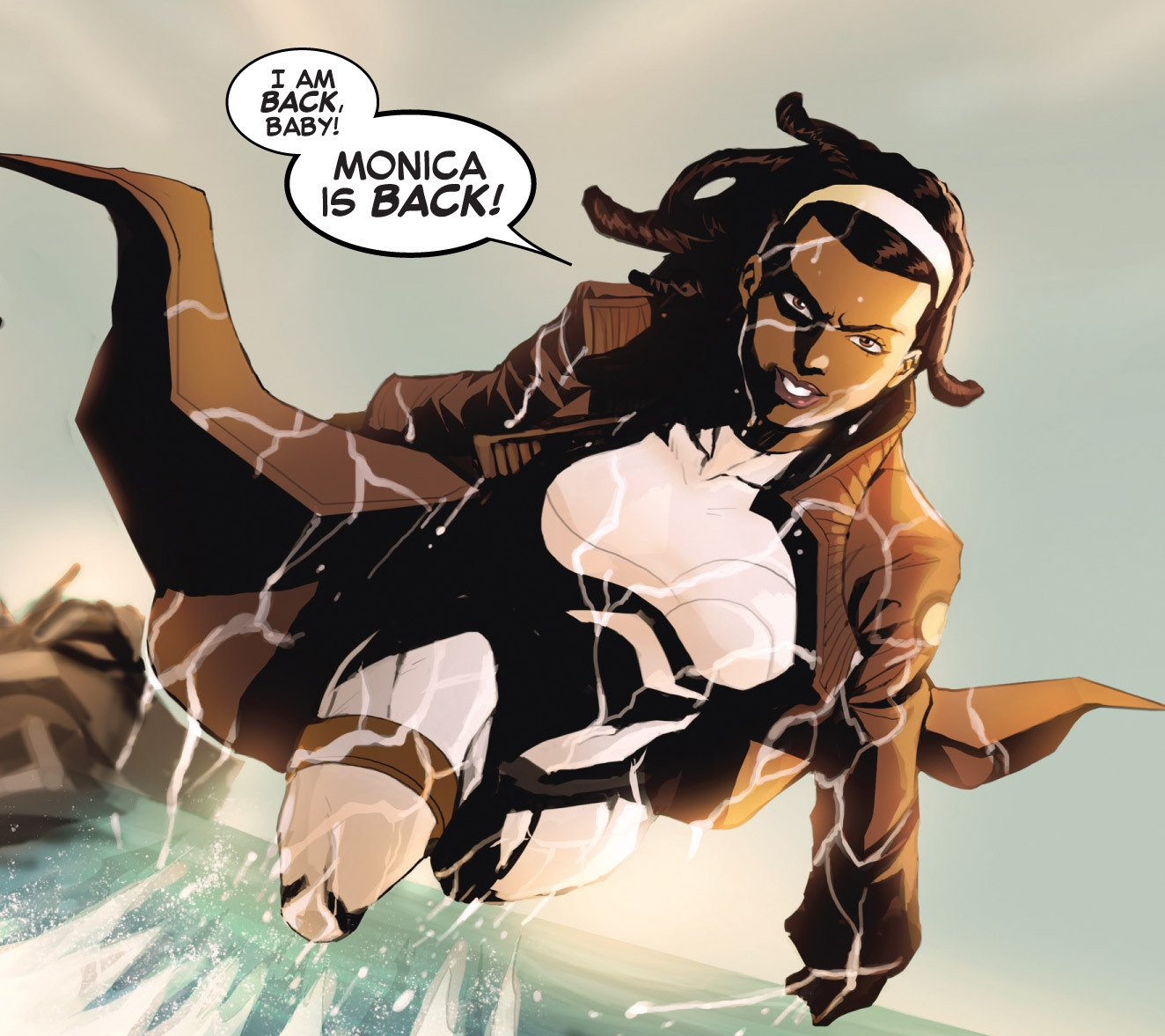

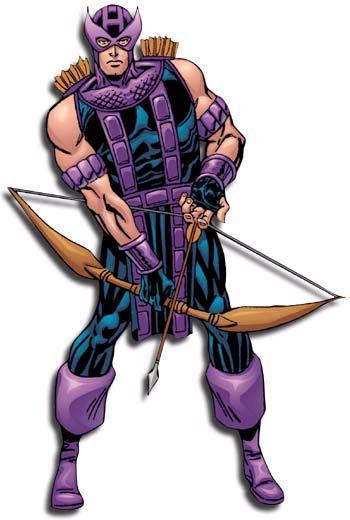
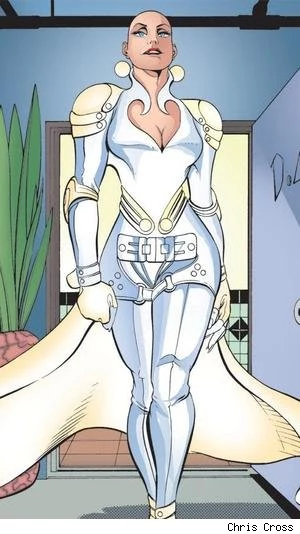

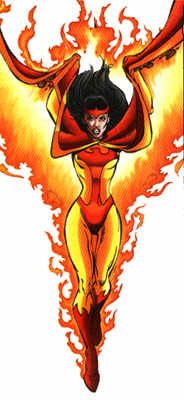
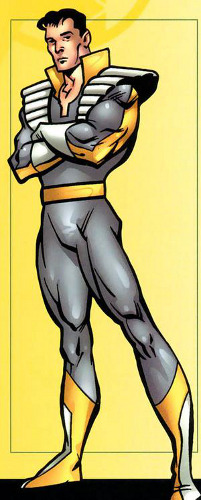







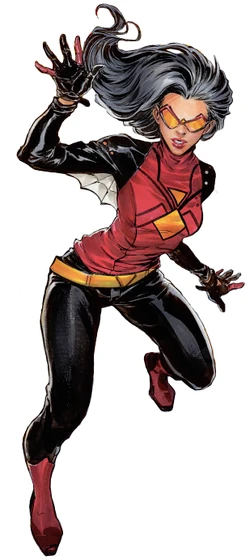


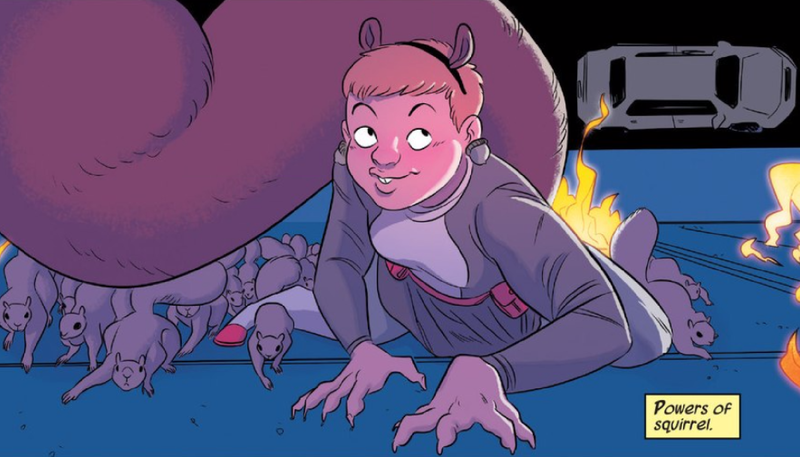

.jpg)